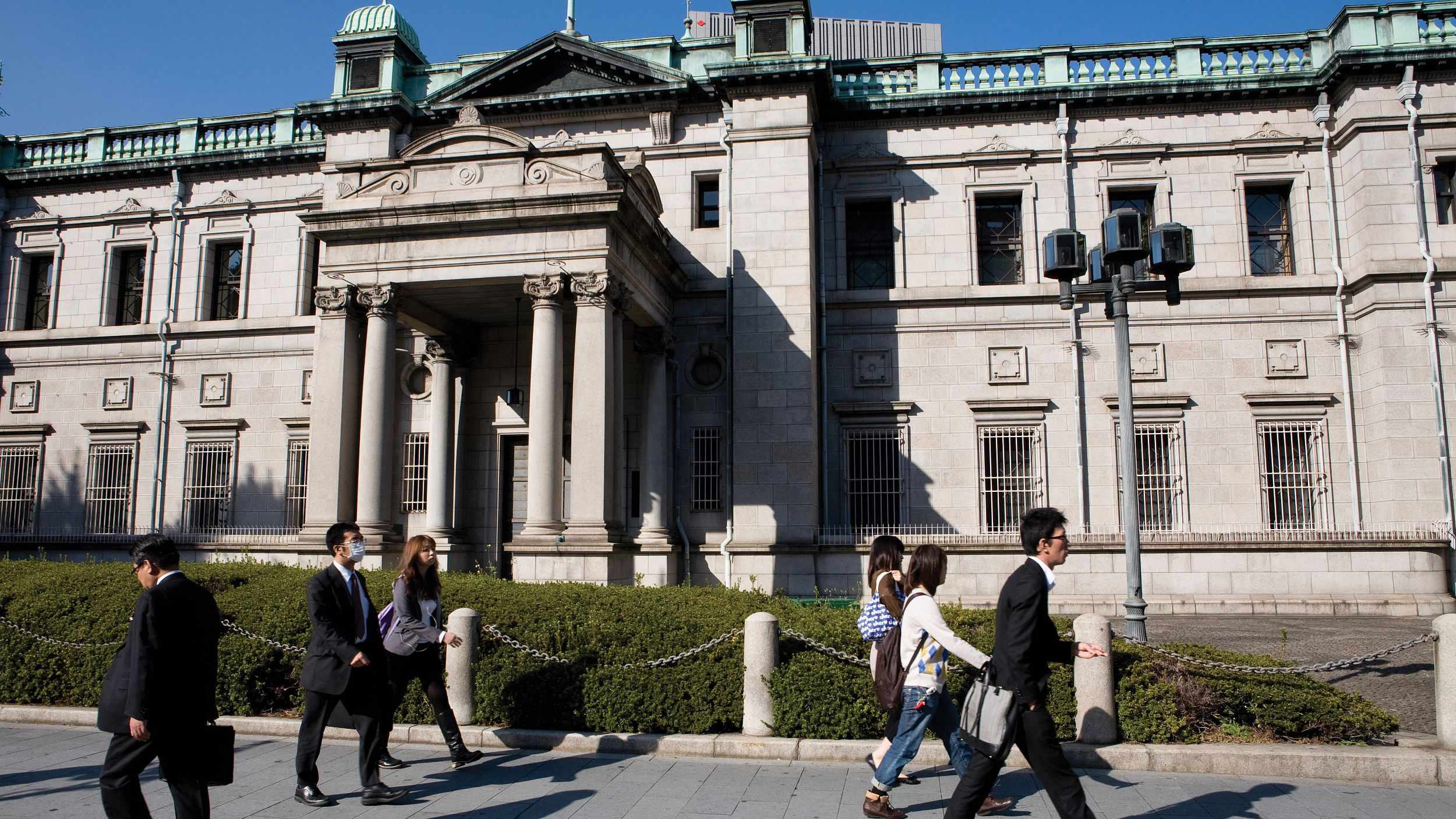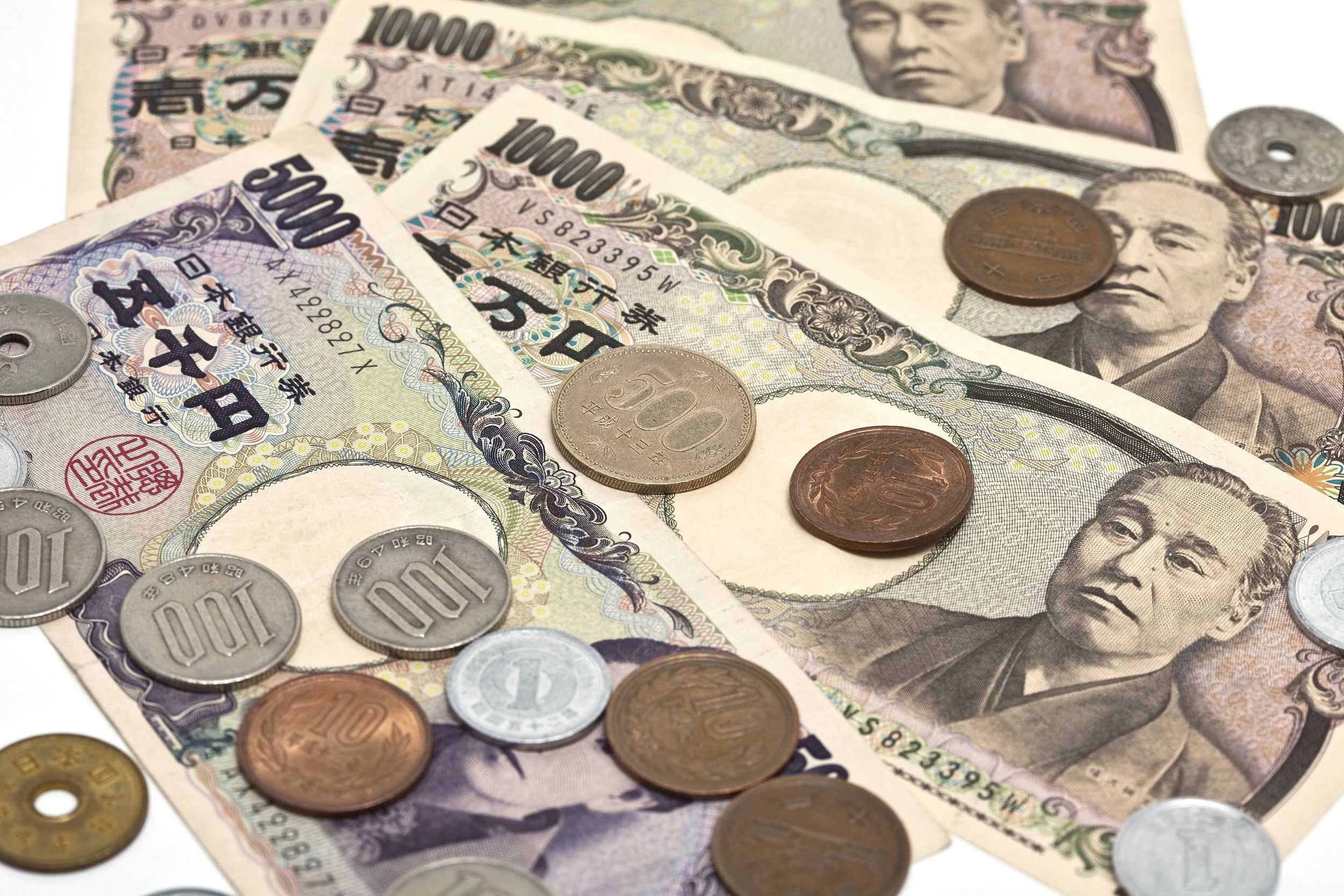
Business
18:34, 21-Sep-2017
Japan's central bank stands pat on monetary policy, inflation target remains far-flung
CGTN

The Bank of Japan (BOJ) on Thursday opted to keep its aggressive monetary policy unchanged and maintained its view that the economy is expanding moderately.
The central bank's policy board, whose two-day meeting concluded on Thursday, also decided to keep purchasing government bonds to maintain the 10-year yield, with long-term interest rates at close to zero percent.
The decision was made by an eight-to-one vote by the policy board.
The BOJ also maintained the 0.1 percent interest on some funds that financial institutions park at the central bank.
The bank's policy board, in addition, opted to keep its bond buying at a pace of roughly 80 trillion yen (711.52 billion US dollars), although economists have been quick to highlight the fact that the amount has actually dropped recently to around 60 trillion yen.
The central bank, despite its consistently aggressive and ultra-loose monetary policy, is struggling to reach its lofty 2 percent inflation target, with the target date being pushed back multiple times as inflation has remained languid.

VCG Photo
VCG Photo
The central bank has pushed back its inflation target to around fiscal 2019, from its first projection of hitting the 2 percent goal in early fiscal 2015, raising concerns among leading economists that the bank's multifaceted easing measures are not bearing fruit.
In addition, what central bankers and economists have described as a "deflationary mindset" among the Japanese population has been another stumbling block the BOJ is struggling to deal with, with the phenomenon compounded by stagnant wages and lackluster private consumption.
Economists have pointed out that Japan's most accurate barometer of inflation, the core consumer price index, has increased by a meager 0.5 percent in July on year, meaning the BOJ's ultimate goal remains somewhat elusive.
Market economists also noted Thursday that although Japan's gross domestic product has seen an annual growth of 2.5 percent in the three months through June and unemployment remained comparatively low in the latest recording period, the inflation target remains far-flung.
They added that the central bank has used most of its arsenal to boost inflation and has few policy options left after plunging its interest rate into negative territory at minus 0.1 and making its yield curve control initiative the nucleus of its easing framework.
The bank has said it would stick to its qualitative monetary easing (QQE) with yield curve control.
At the BOJ's latest meeting, one dissenter disagreed with the bank's policy strategy, meaning the board member's vote on its latest policy initiatives was not unanimous.
New board member Goushi Kataoka, an economist and champion of aggressive easing, voted against the majority, leading some economists to question whether a rift was forming within the bank's board members that could have a negative bearing on the timing of the bank's future policy moves.
The BOJ's moves are also running contrary to international central banks, with economists warning that prolonging its exit from its easing policy, and prior to that tapering its monetary policy, could negatively impact the financial markets and could lead to losses for the central bank.
By comparison, the US Federal Reserve a day earlier announced it would start reining in its 4.5 trillion US dollars asset holdings in October and will likely hike its rates again within a year.
The European Central Bank, meanwhile, has signaled that it is planning to aggressively taper its assets purchases.
Source(s): Xinhua News Agency

SITEMAP
Copyright © 2018 CGTN. Beijing ICP prepared NO.16065310-3
Copyright © 2018 CGTN. Beijing ICP prepared NO.16065310-3